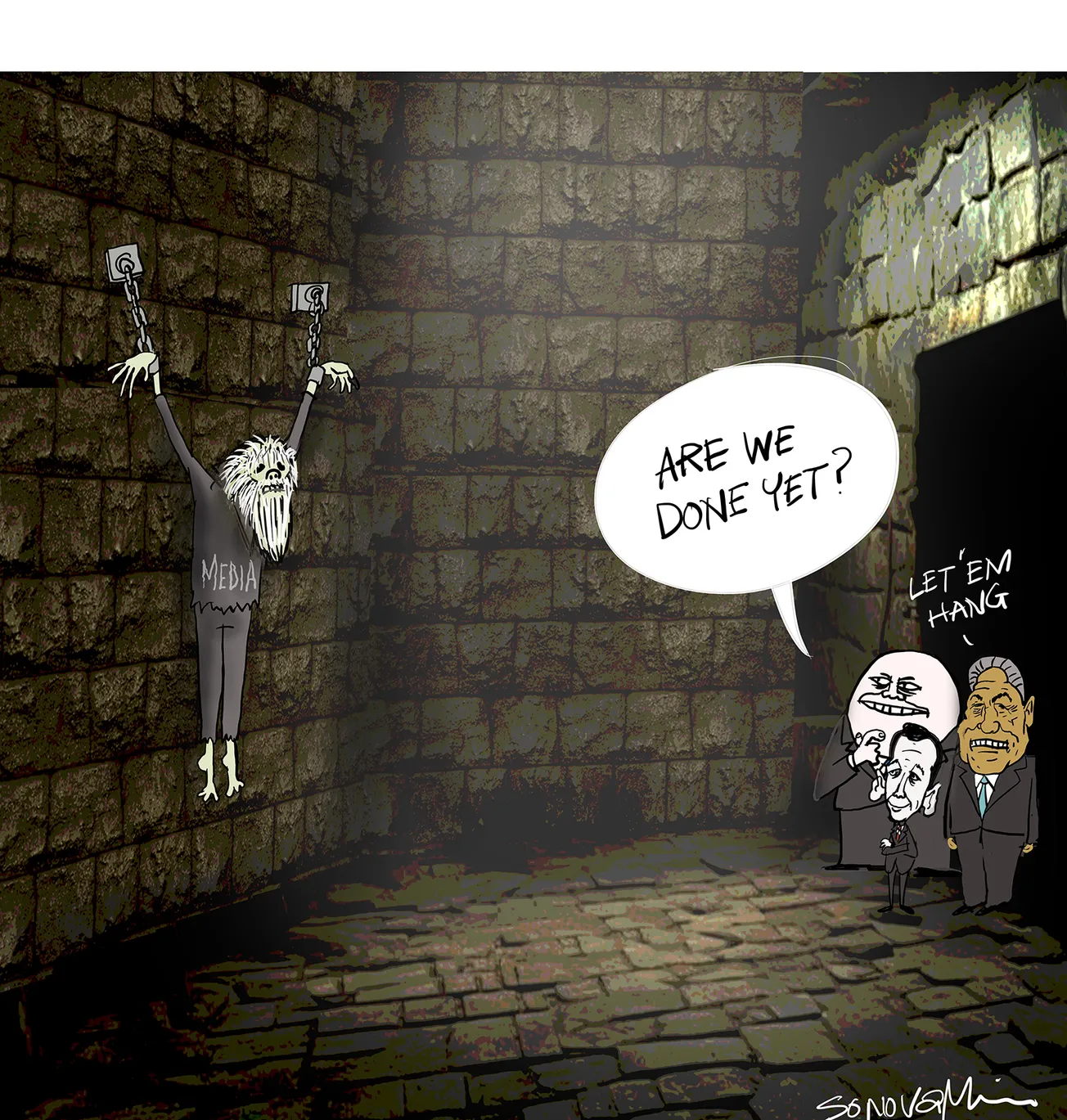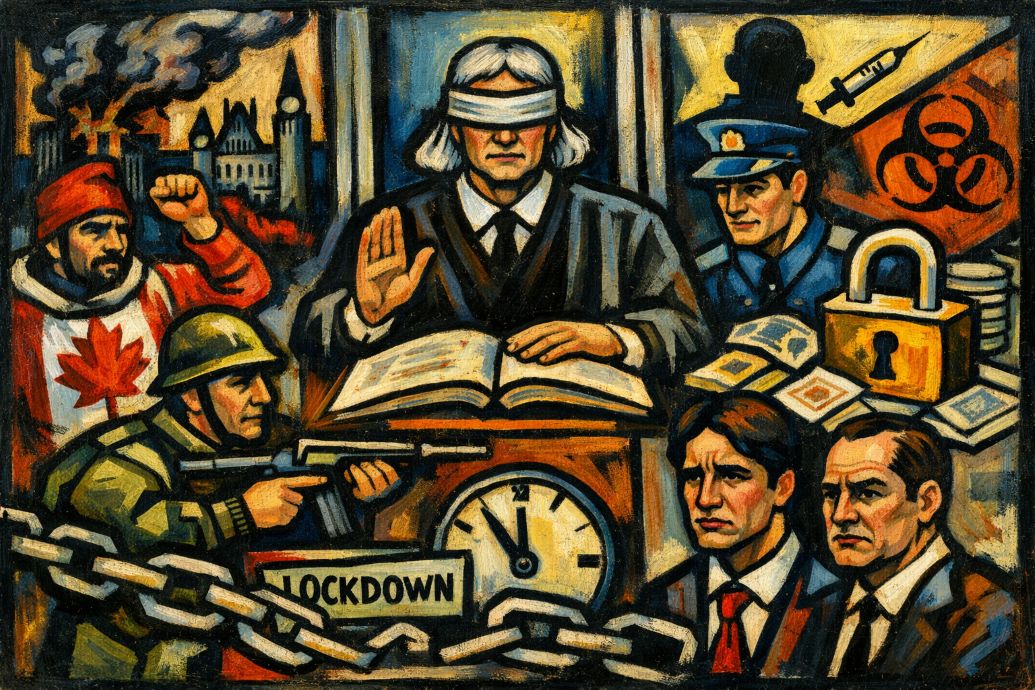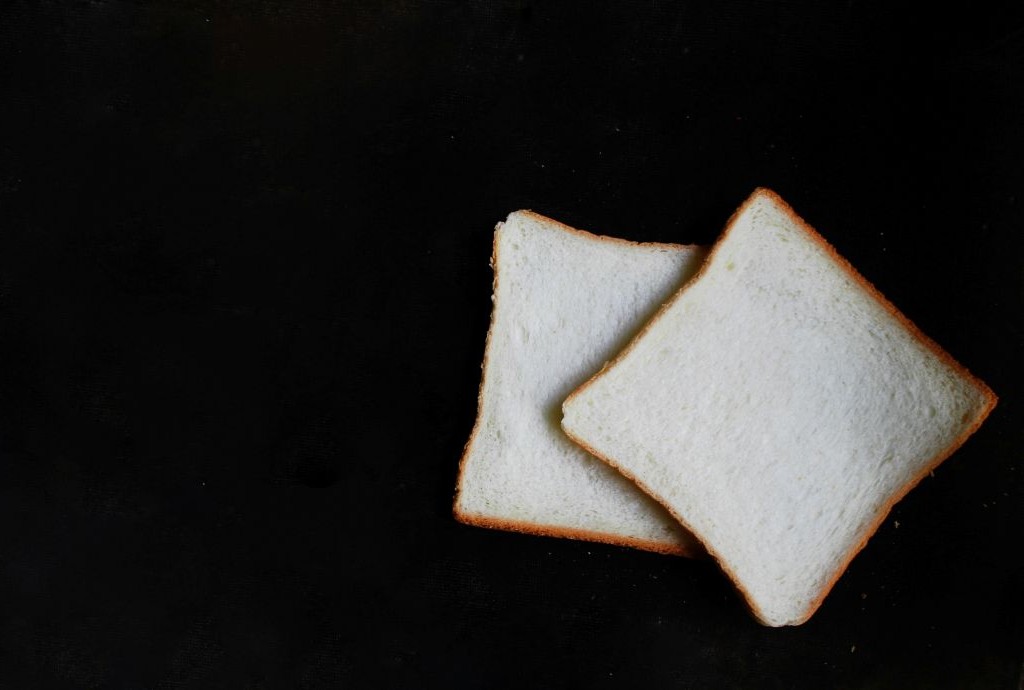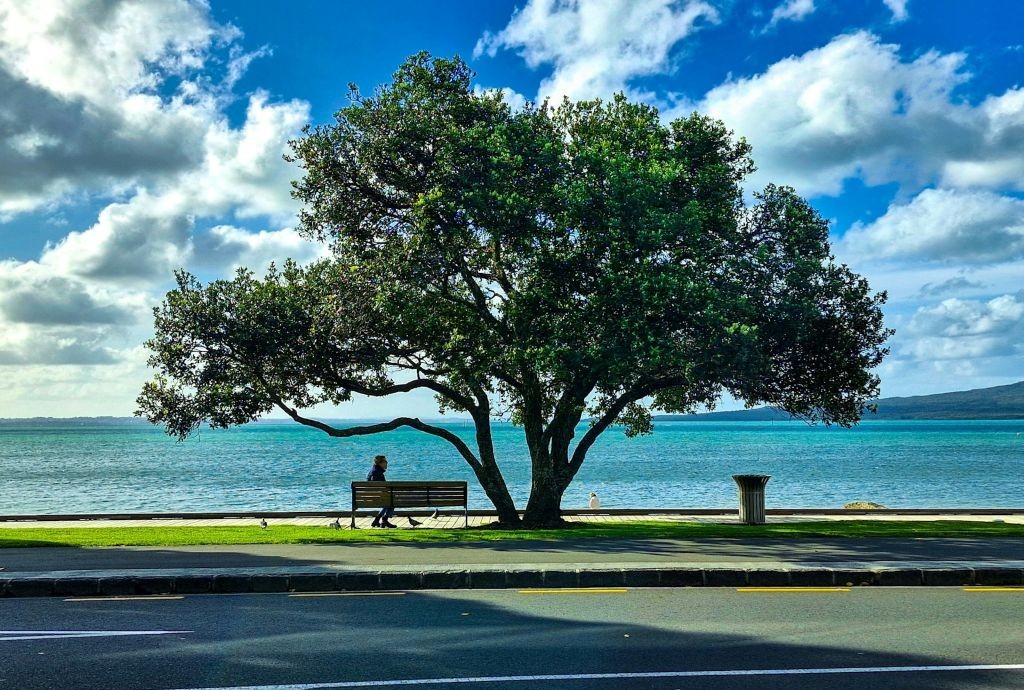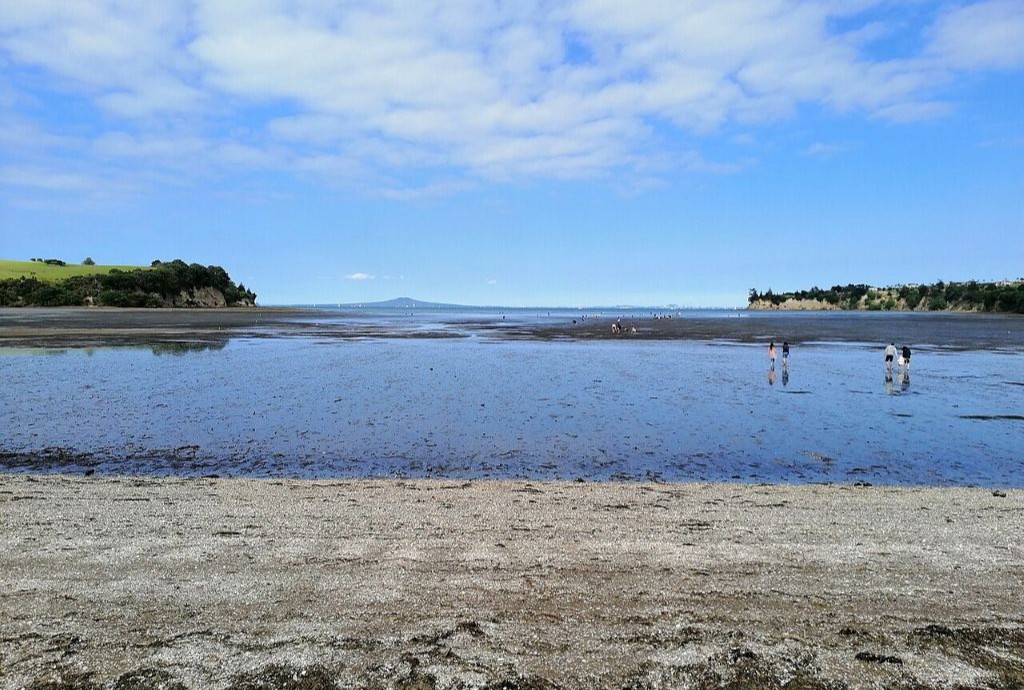Table of Contents
Peter Allan Williams
Writer and broadcaster for half a century. Now watching from the sidelines although verbalising thoughts on www.reality check.radio three days a week
peterallanwilliams.substack.com
The mass media indignation of recent days ignited by Winston Peters’s accusations of bribery reminds us of a famous expression from sixty years ago.
Mandy Rice-Davies, one of the women involved in Britain’s sex and spies Profumo Affair, reacted to one of her lovers denying all knowledge of her by stating “well, he would say that, wouldn’t he.”
That there has been such vociferous pushback against the New Zealand First leader displays a quite remarkable lack of self awareness.
For a start, have reporters and their managers not been paying any attention to the annual “trust in the media” surveys ?
These show that trust, otherwise known as credibility and believability, is falling every year. The latest numbers from April this year suggest only 42 per cent of consumers trust the media.
Isn’t that a concern and shouldn’t media leaders be doing something about it?
Would by any chance a perceived lack of balance have anything to do with this plummeting number?
Then there is the desperate financial plight of the media industry. Mediaworks and Warner Brothers Discovery both reported huge losses in their most recent financial statements. TVNZ had a marginal profit of $1.7 million on revenue of $320 million. Radio New Zealand had an operating deficit. As for Stuff, well who knows? It hasn’t had any public statements about its financial situation reported since Sinead Boucher bought the debt laden entity for $1 in 2020.
The only glimmer among the darkness is NZME’s $22 million profit based on a stellar performance from Newstalk ZB and to a lesser extent from the NZ Herald-associated entities.
Winston Peters harbours a grudge against media outlets who he says failed to adequately cover his campaign for the election. He says he attracted large crowds at his meetings which he reckons was not reflected in the media coverage. Whether or not more reporting of those meetings would have led to NZ First getting more than six per cent of the vote is impossible to know.
But so much of Winston’s content at those meetings was about issues relating to Maori and the Treaty. As can be seen from the coalition agreements, he was upfront about what he sees as the rise of Maori separatism and elitism. It’s not unfamiliar territory for him. He’s been thoroughly consistent on the issue his entire political life.
Here’s the crux of the issue.
One of the conditions of a news media company accepting money from the Public Interest Journalism Fund (PIJF) is that the media company will “actively promote the principles of Te Tiriti o Waitangi.”
That journalism is supposed to be about reporting what happens and not “actively promoting” anything seems to have gone over the head of those media company executives who happily pocketed the $55 million announced in the PIJF.
(The latest NZ On Air report on the scheme said $61 million had actually been paid out.)
If Winston’s campaign speeches had been covered more extensively, especially the bits about Maori and the Treaty, might that have been considered contrary to the conditions of the PIJF?
Or have those PIJF recipients just decided that covering difficult issues like the legislatively undefined Treaty principles is too difficult?
Think of some other related topics in the last couple of years.
Philip Crump, blogging as Thomas Cranmer, wrote about how Nania Mahuta’s family won numerous government contracts and appointments during the former MPs time in power. It took an awfully long time for the mainstream media to cover the subject and when they did it was only to report the Public Service inquiry into it.
The contrast between the reporting of that perceived conflict of interest and that involving Judith Collins and her trip to China during the term of the John Key government could hardly have been more marked.
Was Mahuta’s free pass a consequence, even an unconscious one, of the PIJF conditions?
Then there’s the lack of critical analysis of Mahuta’s Three Waters plan. It took freelance columnist Graham Adams to expose the insidious plans whereby only iwi and hapu could make Te Mana o Te Wai statements about water bodies in their region and the impact those statements could have on water use. No mainstream media company exposed how the Water Services Entities were compelled to “give effect” to those statements which were tantamount to iwi and hapu control of the country’s water supplies.
On these and other topics relating to Maori and the Treaty, it’s been small independent media outlets which have exposed and opinionated an alternative viewpoint to that of the Ardern-Hipkins government. Muriel Newman’s columns on nzcpr.com first brought to light the He Puapua report and its plans for this country.
The mainstream news media have been protesting vigorously in recent times about Winston’s accusations against them. Newshub’s Jenna Lynch called them “outrageous” and ZB’s Jason Walls labelled the claims “ridiculous.”
Mandy Rice-Davies words from all those years ago ring very true on this matter. So does the line of someone far more erudite.
“The lady doth protest too much me thinks.”
One more thing.
Jacinda Ardern, speaking at the White House, said “we also have seen the spread of misinformation on Covid 19, particularly through social media. We had to act so we made it a priority to establish a Public Interest Journalism Fund to help our media produce stories that keep New Zealanders informed.”
While the PIJF had no conditions attached regarding Covid, Ardern’s words back then don’t do much to allay suspicions that far too many elements of the media were very happy to follow the narrative of the previous government.
But not so much this one.

